DAY 1: Past, Present and Future.
Day 1 (Tuesday 8th April) : Morning Session
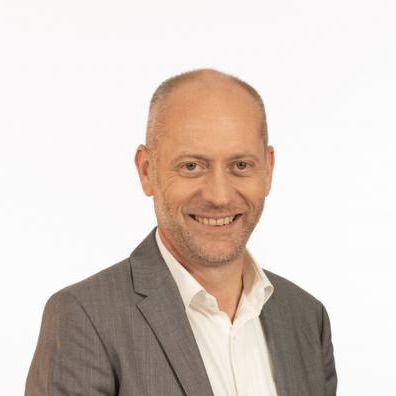
WELCOME – Le Parc naturel marin du Bassin d’Arcachon – A warm welcome to the Bassin d’Arcachon –
A warm welcome to the Parc naturel marin du Bassin d’Arcachon from the Président du Conseil de Gestion, Cédric Pain.
Located just 50 km from Bordeaux, in the heart of the Landes de Gascogne, the Bassin d’Arcachon is a vast bay where the fresh waters of the Leyre river mingles with the marine waters of the Atlantic Ocean. Formerly called “the little sea of Buch”, the Bassin d’Arcachon has today a rich oyster farming heritage and a strong maritime tradition. The waters of the Basin were an extraordinary fish reservoir for the many fishermen of the Pays de Buch. Navigation was carried out on pinasses, flat-bottomed boats facilitating navigation in the channels.
The first session of the day will be also be an introduction to the Parc naturel marin du Bassin d’Arcachon from Franck Mazeas, Directeur-délégué.
The Parc naturel marin du Bassin d’Arcachon (PNMBA) was created by decree on June 5, 2014. It is the 6th French Marine Park. The management plan for the the Parc naturel marin du Bassin d’Arcachon focuses primarily on the management of the exceptional and shared “common good” of the Bassin d’Arcachon and a major objective of the plan is for the restoration of the seagrass meadows to the surface area and functional equivalent of those present in the Bassin d’Arcachon in the early 2000s.
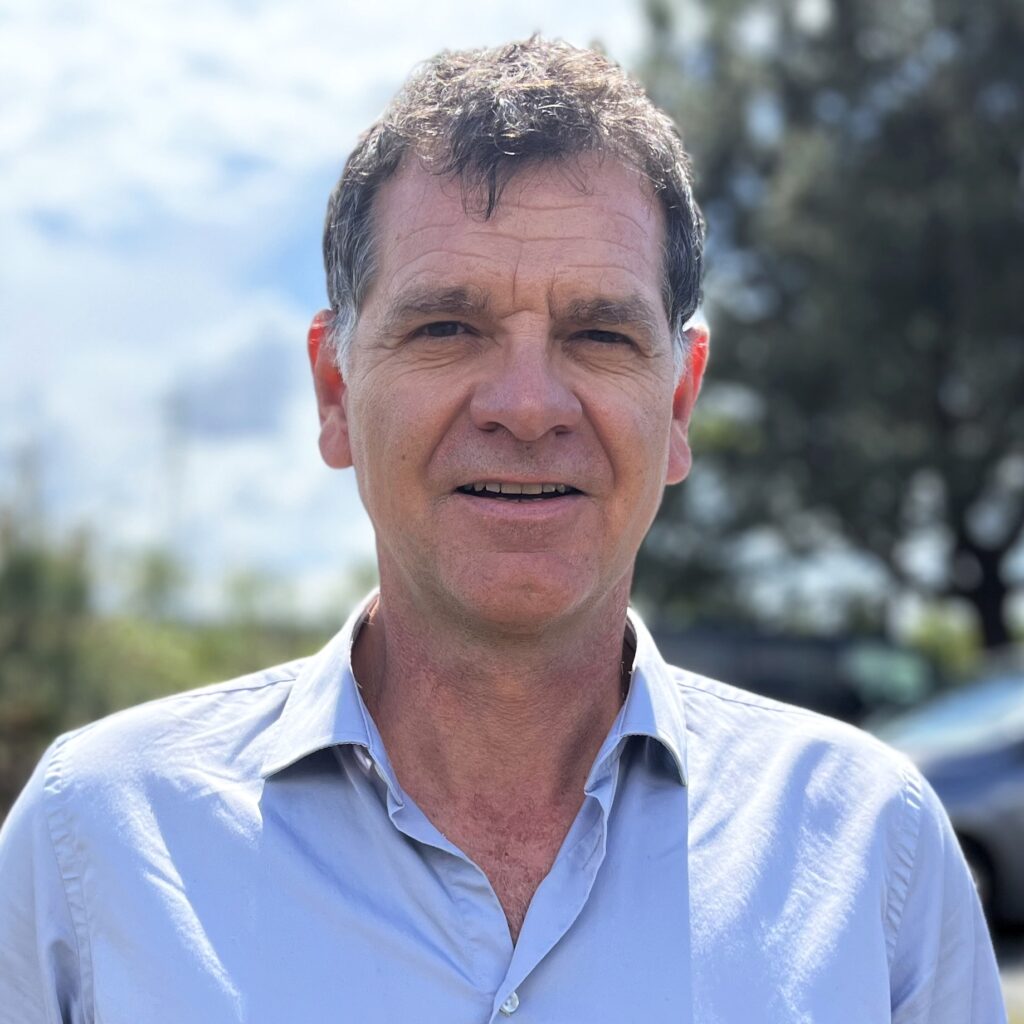
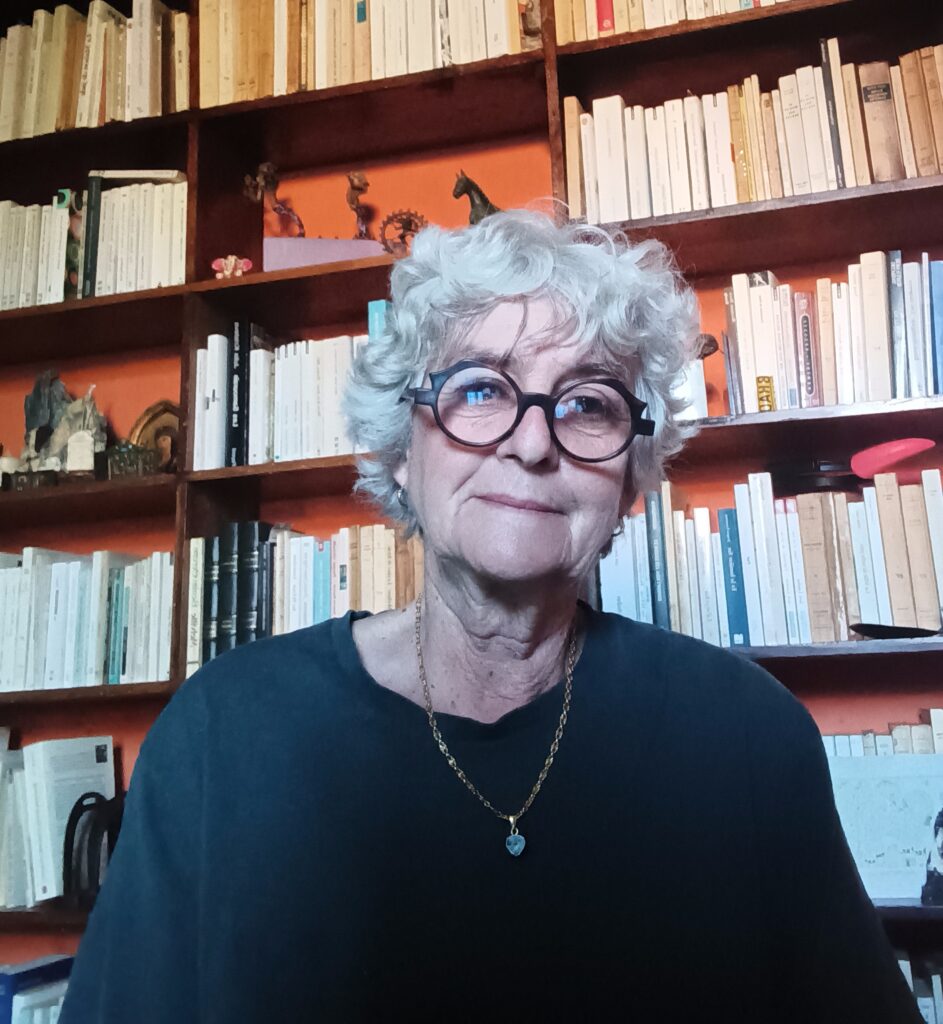
KEYNOTE 1 – Dr Isabelle Auby – Ifremer, France: Reflections on three decades of change in the Bassin d’Arcachon.
Dr Isabelle Auby is undoubtedly a legend of the Bassin d’Arcachon. Isabelle submitted her PhD thesis in 1991; modestly titled “A contribution to the study of Zostera noltii seagrass in the Arcachon Basin”. From that point onwards Isabelle was a prolific contributor to advancing our understanding of many elements of marine science before retiring from Ifremer in 2022.
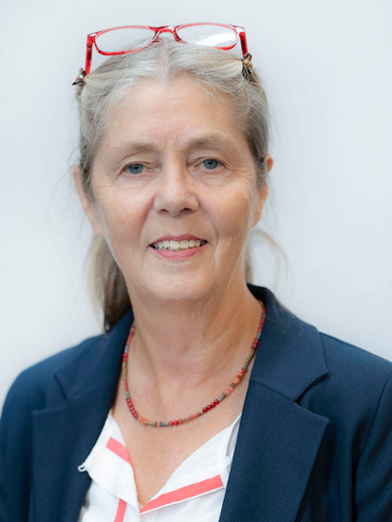
KEYNOTE 2 – Dr. Marieke M. van Katwijk – Radboud Universiteit, The Netherlands: Reflections on three decades of change in seagrass restoration.
There is likely not a person working in seagrass restoration today who hasn’t been inspired by the work of Dr. Marieke M. van Katwijk. Marieke started her pioneering research into seagrass restoration in the Dutch Wadden Sea in 1989, and she has been a cornerstone of the global seagrass restoration community ever since. In 2015 she led a Global analysis of seagrass restoration which revealed that the successful regrowth of the foundation seagrass species often requires crossing a minimum threshold of reintroduced individuals, highlighting the importance of large-scale planting efforts.
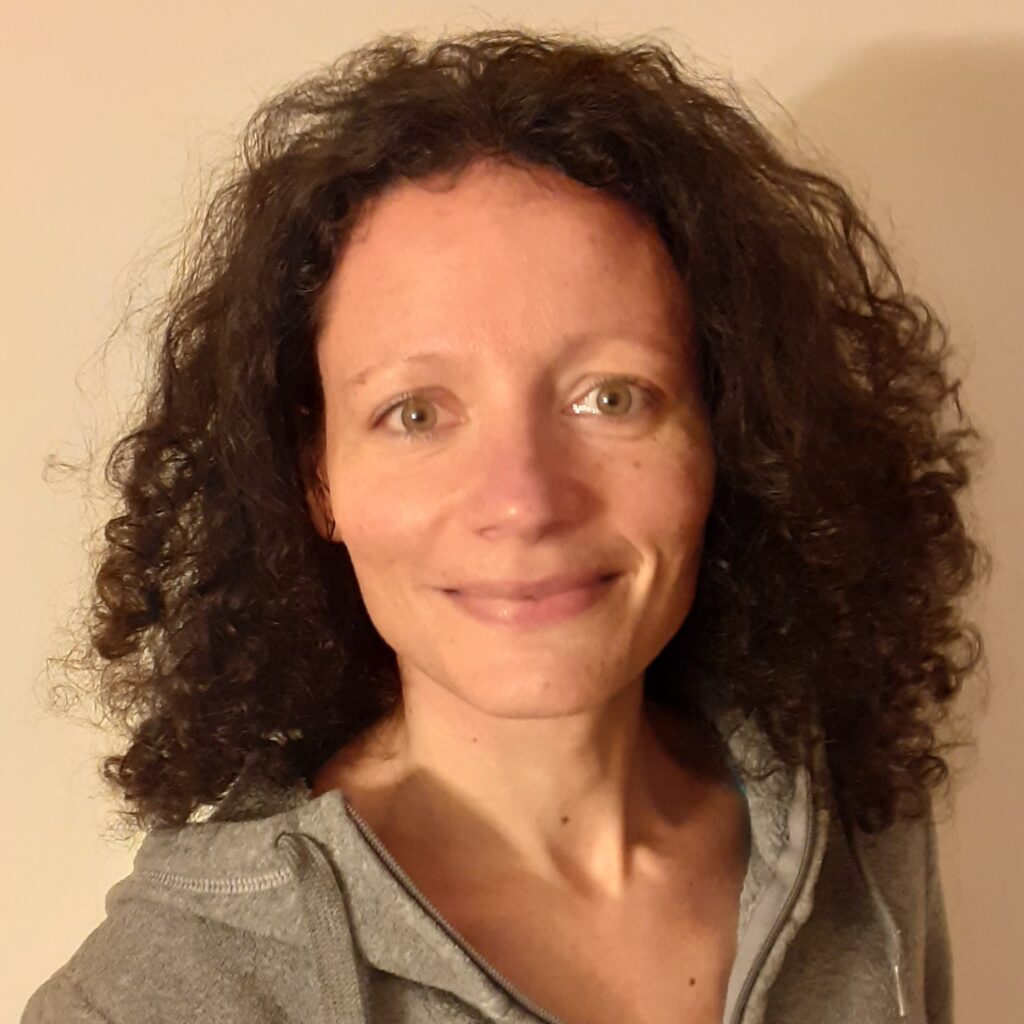
INVITED SPEAKER 1 – Marie-Lise Benot – SER Europe: The role of SER-Europe and the EU Nature Restoration Law.
Marie-Lise Benot is Assistant Professor in ecology at the University of Bordeaux, in the BIOGECO laboratory (Biodiversity, from genes to communities). Her research focuses on plant community ecology, with the aim of contributing to a better understanding of ecological processes underlying community assembly. For the past ten years, she has been interested in restoration ecology, conducting experiments and observational studies on the drivers of plant community reassembly, particularly in wet grasslands. She is also developing projects in urban ecology, in collaboration with stakeholders, and recently joined SER-E as a reference personne to support the LIFE “BiodiverCity & Resilience” project team.
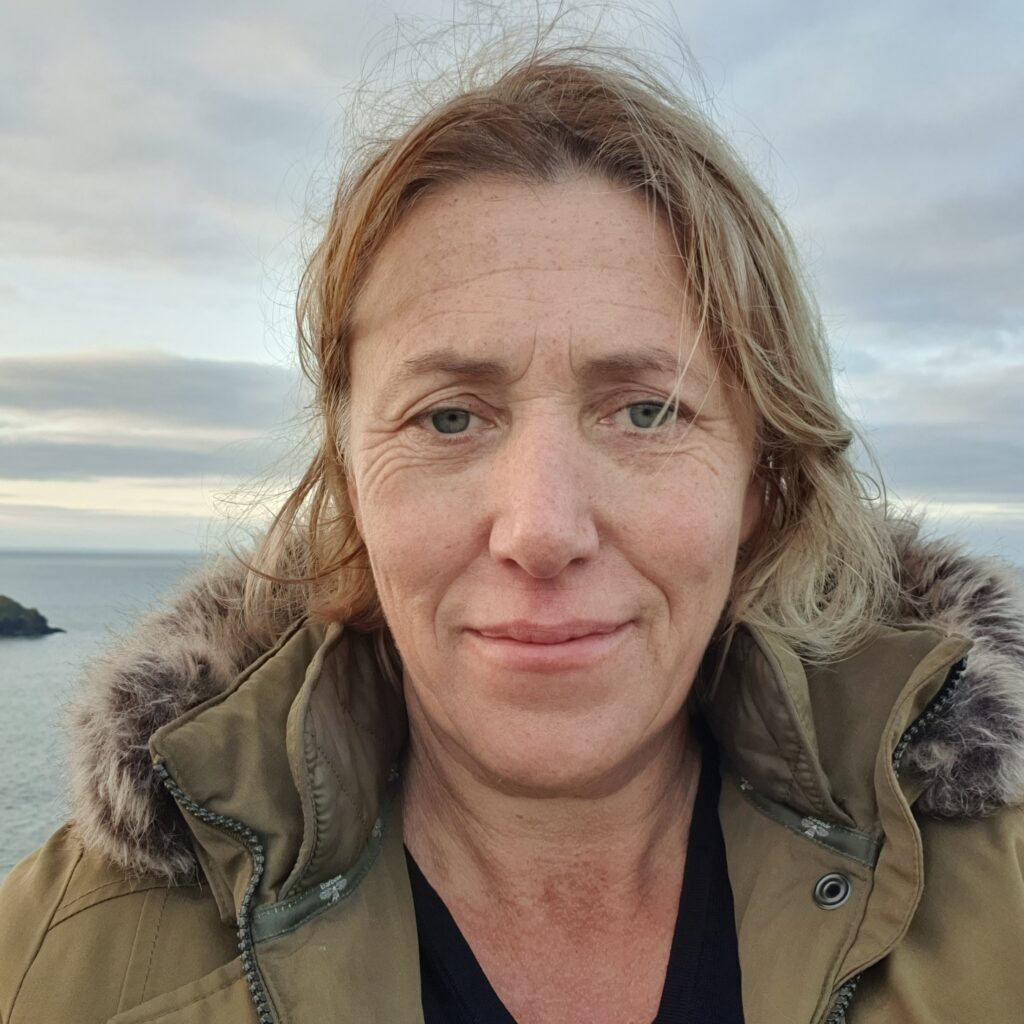
INVITED SPEAKER 2 – Alison Debney – Zoological Society of London, UK: Lessons Learned in Building a Successful Restoration ‘Alliance’.
Alison Debney is a leader in marine and freshwater conservation, with over 25 years of experience. She heads the UK Marine & Freshwater Conservation Programme at ZSL and is passionate about restoring coastal habitats, with a particular penchant for estuaries. Alison is a founding member of NORA, founder and co-chair of the Native Oyster Network – UK & Ireland, and Chair of the Essex Native Oyster Restoration Initiative. She believes successful restoration alliances are built on collaboration, knowledge-sharing, and fostering relationships. Her leadership of the Transforming the Thames Seascape Partnership highlights the importance of collective action for lasting environmental impact.
Day 1 (Tuesday 8th April) : Afternoon Session

INVITED SPEAKER 3 – Jonathan Sagan – L’Office français de la biodiversité, France – LIFE MARHA, a Nature Integrated Project for effective and equitable management of marine habitats in France.
The cross-cutting objective of the LIFE IP – MarHa project (LIFE16 IPE/FR/000001) is to achieve or maintain a favourable conservation status for marine habitats listed in Annex I of the Habitats Directive. Jonathan will be presenting on the programmes approach to the restoration of benthic habitats in coastal marine environments.
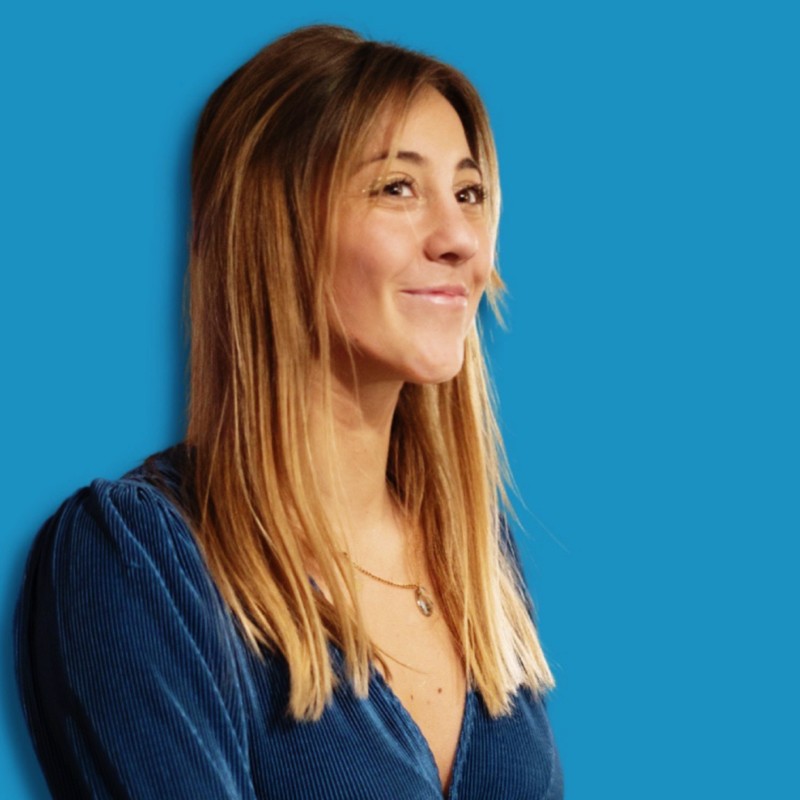
INVITED SPEAKER 4 – Léane Chemineau – L’Office français de la biodiversité, France – The Mediterranean Posidonia Network.
Since 2019 the Mediterranean Posidonia Network has been bringing together different stakeholders such as authorities, scientists, international environmental organizations, professionals including yachting agents and marinas from across the Mediterranean countries. The Mediterranean Posidonia Network’s objective is to increase each country’s capacity building to better protect Posidonia oceanica and prevent its future degradation.
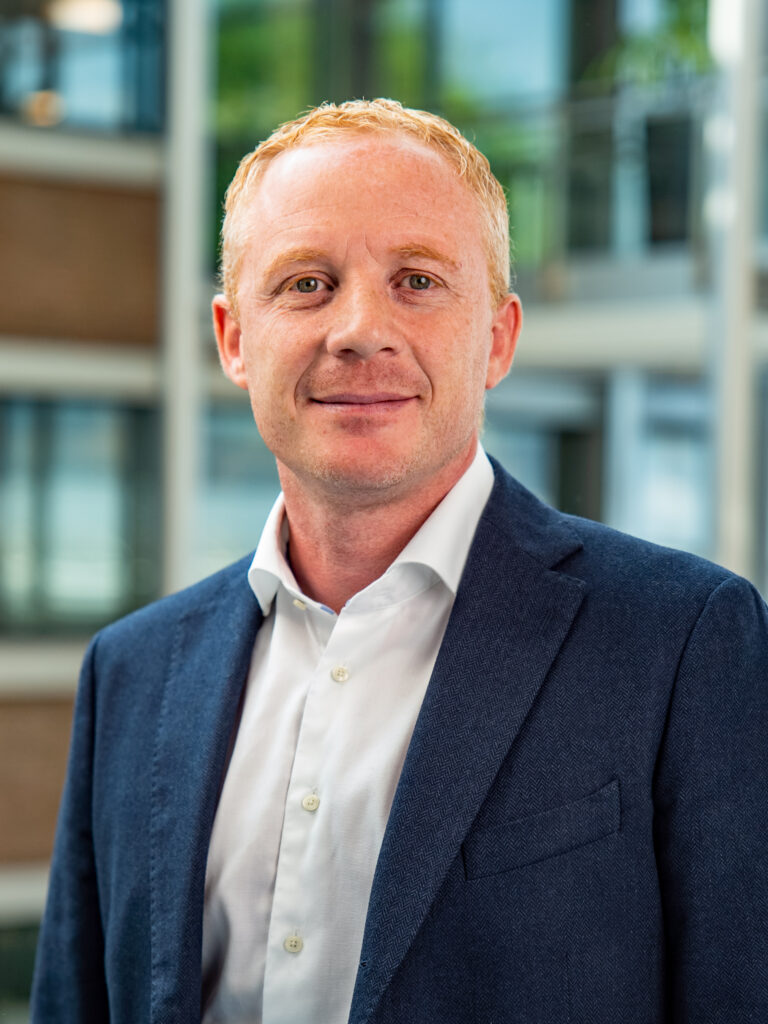
INVITED SPEAKER 5 – Benoit Cajelot – Fugro, Italy – Marine Ecosystem Restoration (MER) Project
The Italian Institute for Environmental Protection and Research (ISPRA) has selected Fugro, in partnership with Compagnia Generale Ripreseaeree (CGR),to map the coastal habitats of the entire Italian coast as part of the Italian government’s Marine Ecosystem Restoration (MER) Project, a groundbreaking initiative under the National Recovery and Resilience Plan.
The MER Project aims to restore the marine habitats, fortify the national system for observing marine and coastal ecosystems, and comprehensively map coastal and marine habitats across Italian waters (specifically Posidonia oceanica and Cymodocea nodosa seagrass meadows).
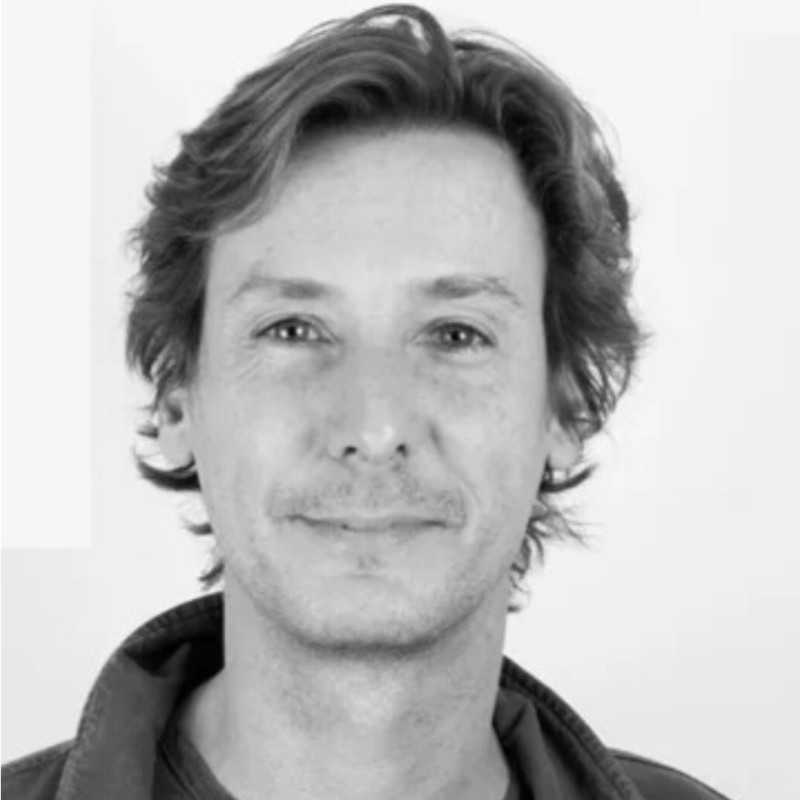
INVITED SPEAKER 6 – Marcial Bardolet – Ministry of Agriculture, Environment and Territory of the Balearic Government, Spain: Seagrass Conservation in the Balearic Islands.
The Posidonia Seagrass Surveillance Service was established to conserve protected marine habitats, especially Posidonia oceanica. The service is tasked to oversee and inform about the anchoring prohibition in Posidonia oceanica areas and to provide advice to large vessels to avoid impacts on this seagrass before or during anchoring manoeuvres. The service has a fleet of 18 patrol boats monitoring the waters of the Balearic Islands, plus one contributed by the Consell de Menorca and coordinated in Fornells.
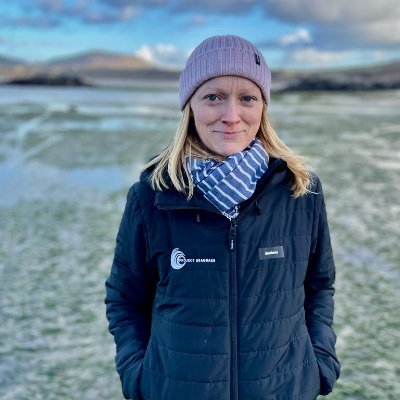
INVITED SPEAKER 7 – Dr Leanne Cullen-Unsworth – Project Seagrass, UK: The Planetary Role of Seagrass Conservation.
Dr Leanne Cullen-Unsworth is the CEO of Project Seagrass and an interdisciplinary marine scientist with over 20 year’s experience working collaboratively with people and communities to help conserve and restore nature. Her research explores how we can co-develop conservation solutions that promote such interactions. In 2024 she was included as one of the BBC’s 100 most influential women. Leanne will discuss how rethinking their conservation is critical to understanding their part in fighting our planetary emergency.
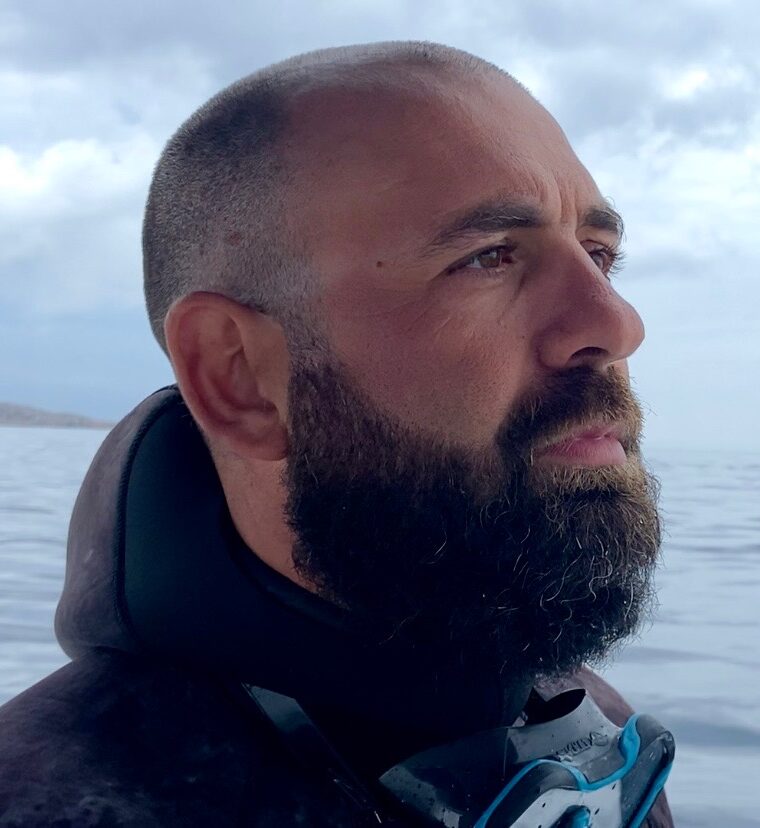
INVITED SPEAKER 8 – Patrick Astruch – GIS Posidonie, France: Posidonia oceanica restoration – ‘The State of Play’.
Patrick Astruch of GIS Posidonie at Aix-Marseille Université is a key member of the existing European Working Group on “Posidonia restoration”, which recently published the Guidelines for the Active Restoration of Posidonia oceanica (produced in the framework of the Mediterranean Posidonia Network, and with the financial support of the L’Office français de la biodiversité). In 2023 the team at GIS Posidonie implemented the Reposeed program, in quick response to the massive massive flowering of the Posidonia oceanica in 2022.
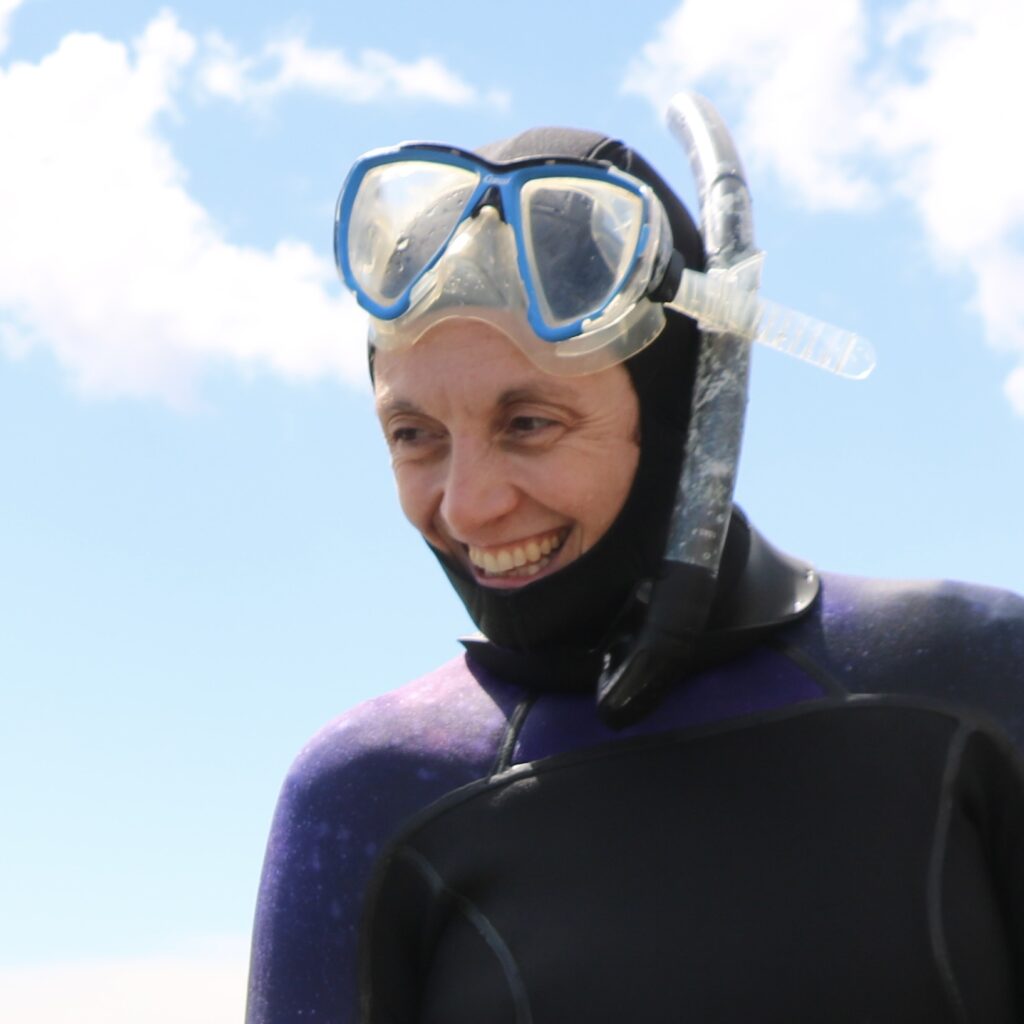
INVITED SPEAKER 9 – Prof. Dr. Fiona Tomas Nash – Imedea (UIB-CSIC), Spain: Cymodocea nodosa restoration – ‘The State of Play’.
Prof. Dr. Fiona Tomas Nash of Imedea (UIB-CSIC) works to understand the processes and mechanisms that regulate the structure and functioning of marine benthic systems, with particular emphasis on how human activities transform them. Fiona splits her research time between the Mediterranean Sea and the NE Pacific. She is an active member of Observadores del Mar (“Seawatchers”), a marine citizen science platform in the Mediterranean that’s fast becoming a point of reference in the marine world.
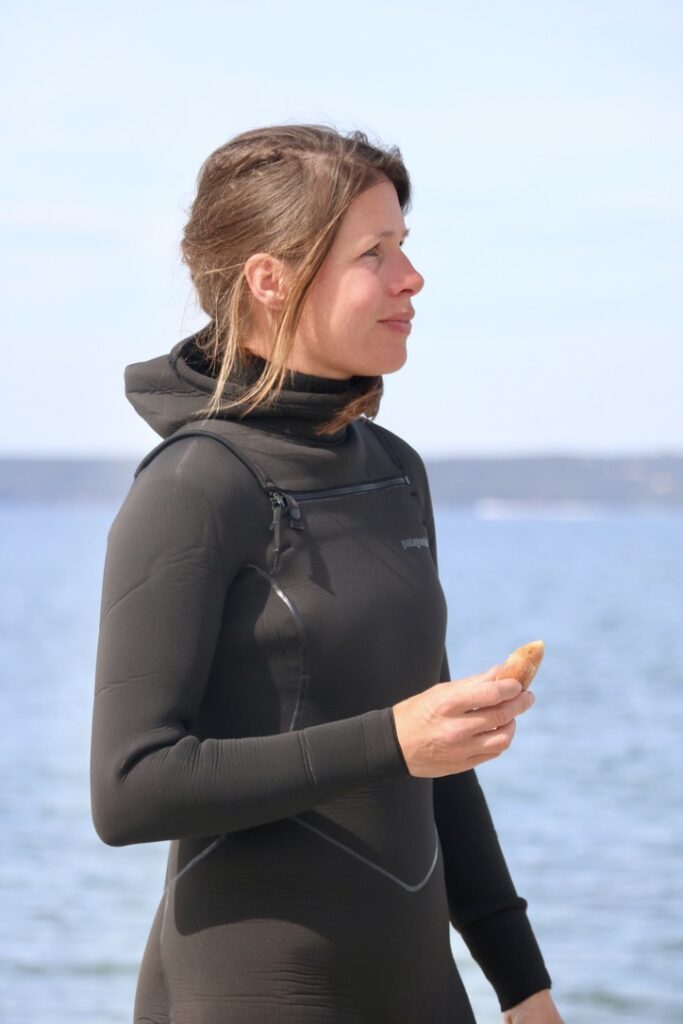
INVITED SPEAKER 10 – Prof. Dr. Laura Govers – Rijksuniversiteit Groningen and NIOZ, The Netherlands: Nanozostera noltii restoration – ‘The State of Play’.
Prof. Dr. Laura Govers of Rijksuniversiteit Groningen (RUG), and the Royal Netherlands Institute for Sea Research (NIOZ) main goal in science is to contribute to evidence-based nature conservation and restoration of marine ecosystems. Laura is a cofounder of both the Global Seagrass Nursery Network and The Seagrass Consortium. Laura actively engages in collaborations with nature managers and NGOs and works hard to facilitate scientific outreach to a wider audience.
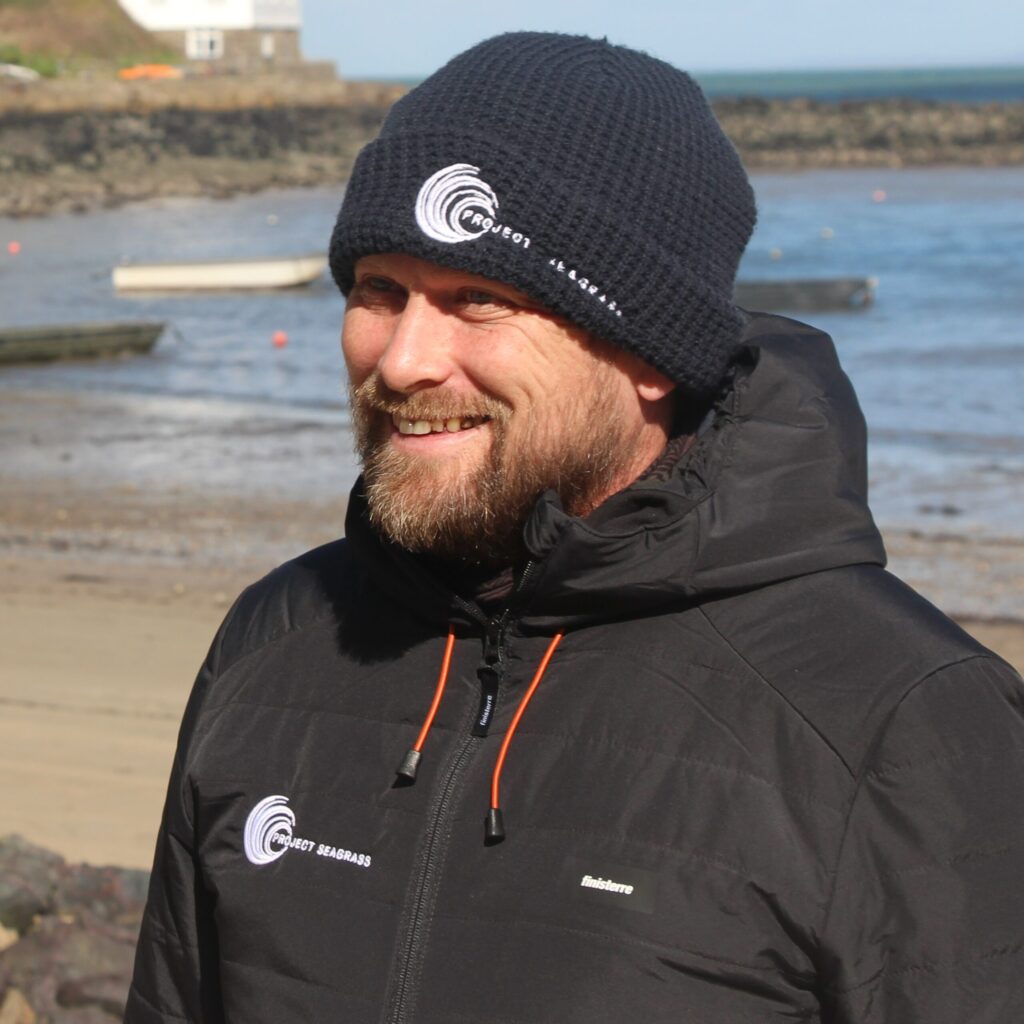
INVITED SPEAKER 11 – Prof. Dr. Richard Unsworth – Project Seagrass and Swansea University, UK – Zostera marina restoration – ‘The State of Play’.
Prof. Dr. Richard Unsworth of Swansea University is a cofounder and Chief Scientific Officer at Project Seagrass. Richard’s expertise lie in the ecological structuring processes of seagrass meadows which has led to his leading role in seagrass restoration across the UK. He also has a particular interest in understanding the ecosystem service value of seagrass meadows, and has worked extensively on examining the role they play in supporting fisheries.
Day 2 : Mechanisms for change.
Day 2 (Wednesday 9th April) : Morning Session
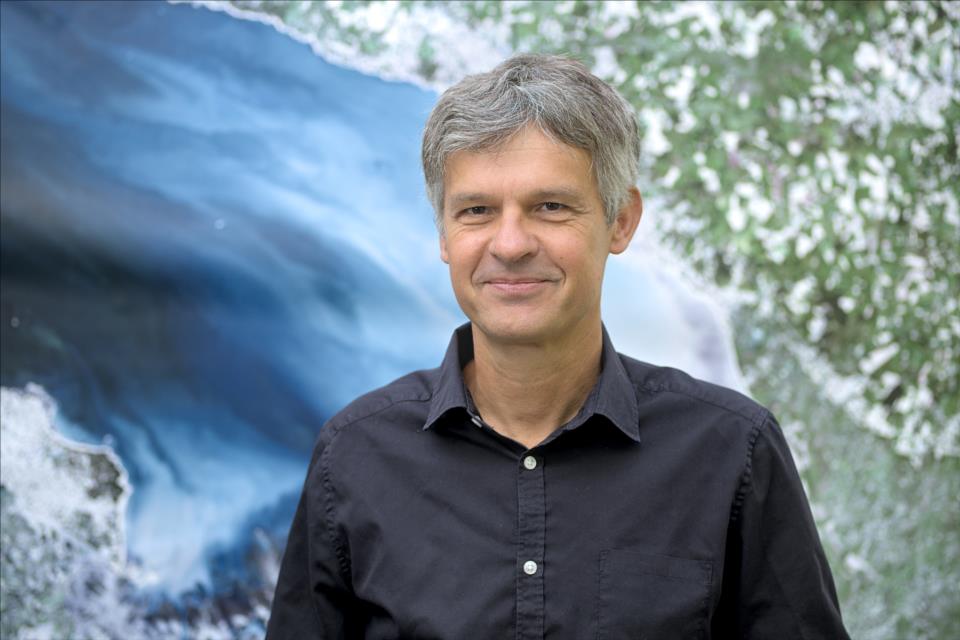
INVITED SPEAKER 12 – Prof. Dr Laurent Barillé and Prof. Dr Pierre Gernez – Nantes Université, France: Remote sensing as a tool to inform seagrass management and restoration best practice.
Prof. Dr Laurent Barillé and Prof. Dr Pierre Gernez are from the RSBE² team at Nantes Université, a department with real expertise in estuarine and coastal ecosystems studies. Their team is internationally recognised for its research in Earth Observation for coastal biodiversity.
As seagrass conservation, protection and restoration continue to grow and develop, the method and analysis their team has developed highlights how important local spatial and temporal information is.
The remote sensing methods presented here could allow automated near real-time inter-tidal seagrass monitoring support more effective use of effort and resources for seagrass restoration and management; providing up-to-date and accurate estimates of extent and phenology.
The research paves the way to further monitoring and assessment of intertidal seagrass meadows using Sentinel-2 data.
The Sentinel-2 mission, which has already been providing high-resolution images of the Earth since July 2015 due to the Sentinel-2 A & B twin satellites, will keep on observing the world’s coastal ocean during the next decades. A third Sentinel-2 satellite, Sentinel-2C, was launched on 5 September 2024, ensuring the long-term continuity of the mission.
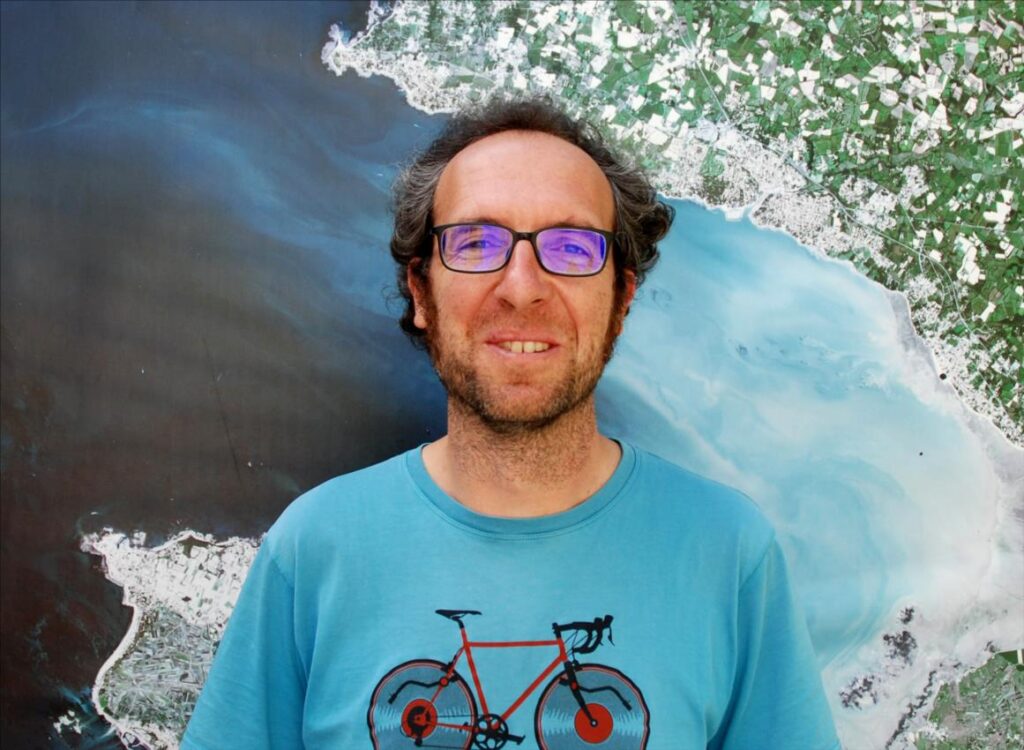
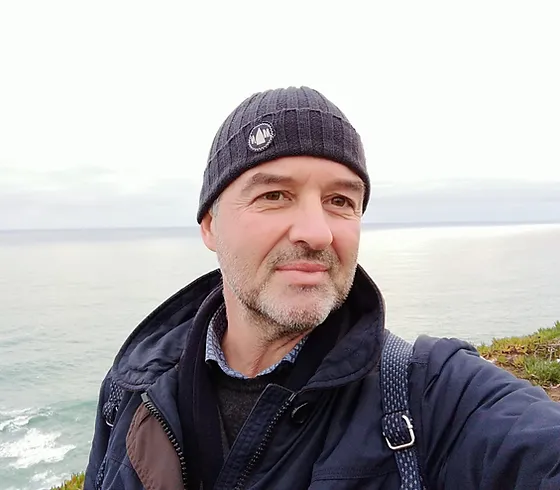
INVITED SPEAKER 13 – Prof. Dr. Gabriele Procaccini – Stazione Zoologica Anton Dohrn, Italy: The genetic component of seagrass restoration.
Prof. Dr. Gabriele Procaccini is currently Director of Research at the Department of Integrative Marine Ecology, Stazione Zoologica Anton Dohrn di Napoli.
Gabriele’s expertise lies in the evolutionary history of populations and species along natural clines and the plasticity of the adaptive response to climate and environmental changes in marine organisms, with a particular focus on marine plants.
Understanding the genetic component of seagrass restoration is criticial in this regards as it enables us to bring solid scientific knowledge from biologists to policymakers in order to define clear restoration actions and delineate priority areas to restore.
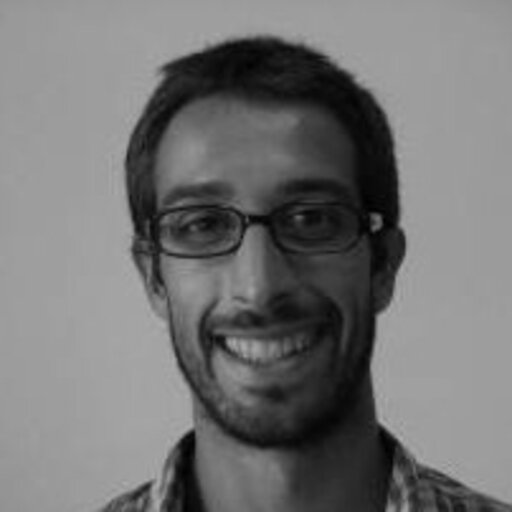
INVITED SPEAKER 14 – Dr Diogo Paulo – Centro de Ciências do Mar do Algarve (CCMAR), Portugal: Seagrass restoration in Portugal: 2007-2031
Diogo Paulo is the scientific dive centre manager and dive safety officer at the Centre of Marine Sciences (CCMAR). During his academic path, he has taken part in multiple scientific projects and gained immense experience in a broad scale of underwater work. He has publications in peer reviewed journals in the areas of plant ecophysiology, genetics, habitat mapping, marine census, habitat restoration and conservation. His current research focuses on habitat restoration of seagrasses, corals and algae.
Diogo has will discuss the restoration and conservation of seagrasses in Portugal, including LIFE-BIOMARES program (ongoing since 2007), RESTORESEAS (ongoing since 2021) and LIFE-RESTORESEAGRASS (since 2024).
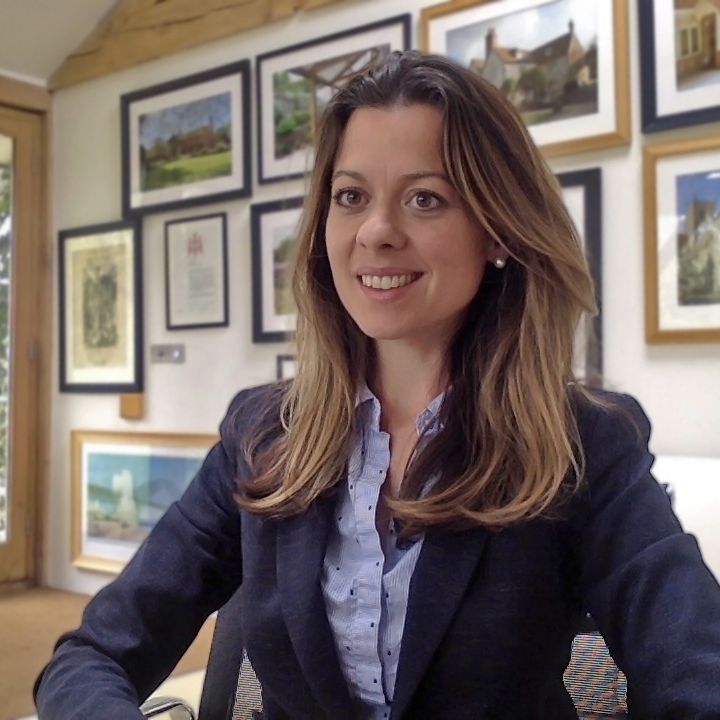
INVITED SPEAKER 15 – Kirsty Schneeberger MBE – Climate Impact Partners
Unlocking financing for nature restoration
Kirsty has led market-leading work to unlock private finance for early-stage blue carbon projects such as those focussed on seagrass and saltmarsh restoration. Her work has included building a collaboration between Deloitte, the National Oceanography Centre and Project Seagrass and Climate Impact Partners to drive efforts towards securing a seagrass code in the UK.
Her roles as CEO of a biodiversity foundation, and managing philanthropic portfolios more generally, complements her work in the Voluntary Carbon Market raising private finance. Her career spans roles at the UNFCCC (as a political advisor to Christiana Figueres on the Paris Agreement) as well as working with UNDP, UNDESA, and UNEP on Rio+20 stakeholder management and partnerships; as well as policy and advocacy roles for NGOs including WWF.
Day 3: Seagrass, Seascape and Society.
Day 3 (Thursday 10th April) : Afternoon Session
“Seascape”
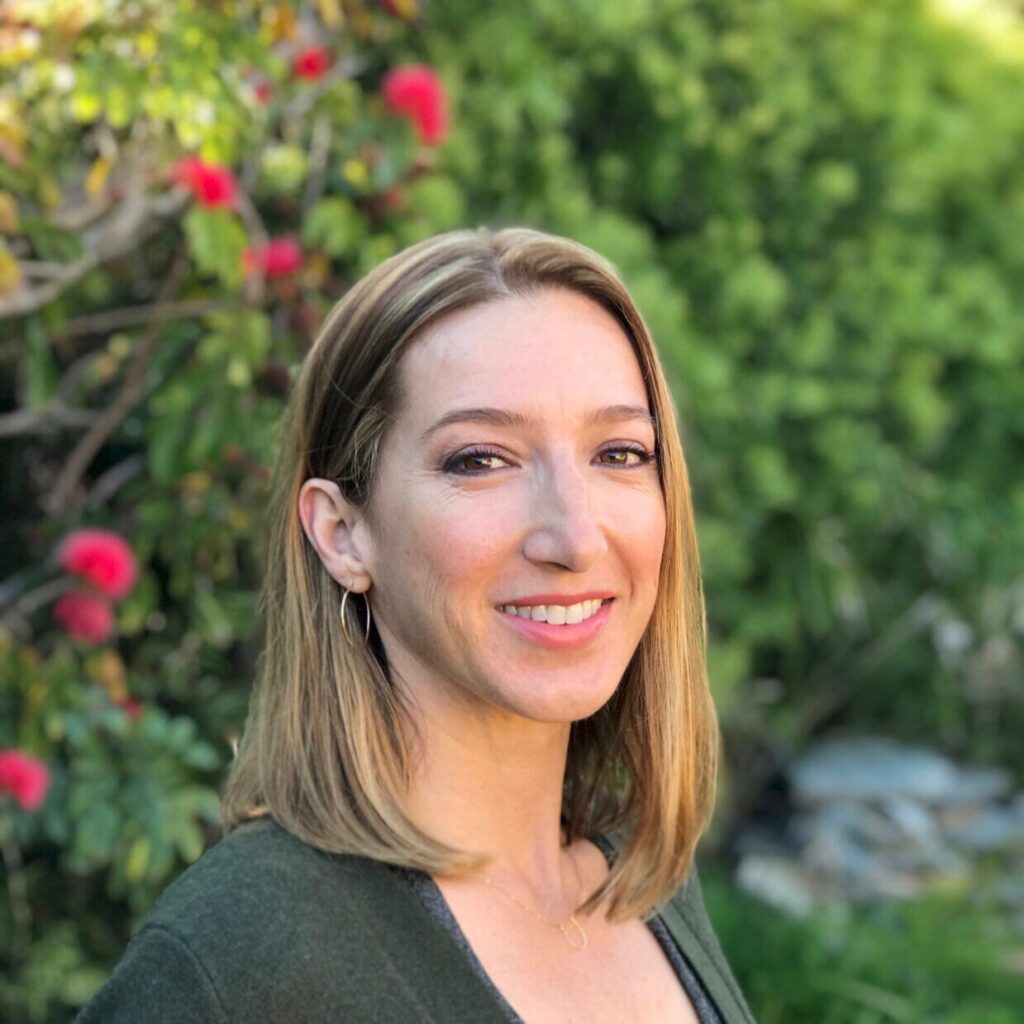
INVITED SPEAKER 16 – Prof. Dr. Lisa Wedding – Oxford Seascape Ecology Lab, UK: Five Ways Seascape Ecology Can Help to Achieve Marine Restoration Goals.
Prof. Dr. Lisa Wedding is Principal Investigator of the Oxford Seascape Ecology Lab which focuses on understanding the social-ecological causes and consequences of spatial patterns and processes in the sea, with the aim of developing science-based solutions to support marine management and policy. The lab is based in the School of Geography and the Environment at the University of Oxford. Lisa previously held a Research Associate position at the Center for Ocean Solutions, Stanford University.
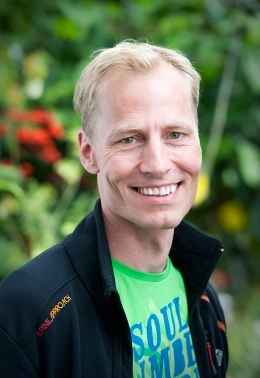
INVITED SPEAKER 17 – Prof. Dr. Martin Gullström – Södertörn University, Sweden. Seascape configuration and connectivity shapes blue carbon stock dynamics in coastal seagrass landscapes.
Prof. Dr. Martin Gullström is a Professor of environmental science specialised in marine ecology at the School of Natural Sciences, Technology and Environmental Studies, Södertörn University, Sweden. His research concerns seascape ecology, ecological connectivity, coastal blue carbon science, seagrass/mangrove ecology and physiology, food-web ecology, fish and fisheries ecology, social-ecological research, and global climate/environmental changes.
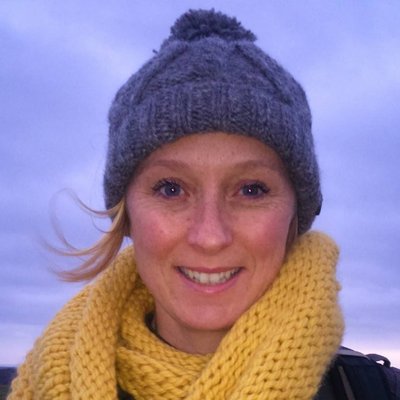
INVITED SPEAKER 18 – Prof. Dr. Joanne Preston – University of Portsmouth, UK: – A Collective Vision Of Seascape Restoration.
Prof. Dr. Joanne Preston is based in the Institute of Marine Sciences at the University of Portsmouth. Her research is focused on the interconnected restoration ecology of coastal habitats, particularly oyster reefs, seagrass and saltmarsh. In 2017 she founded the UK and Ireland Native Oyster Restoration Network in collaboration with the Zoological Society of London. In 2024 she co-authored the Blue Marine Foundation report on ‘Restoring Our Seascapes‘, a report that recommends to UK and devolved governments how to best implement the necessary policy changes to restore fragmented habitats and provide long term protection.
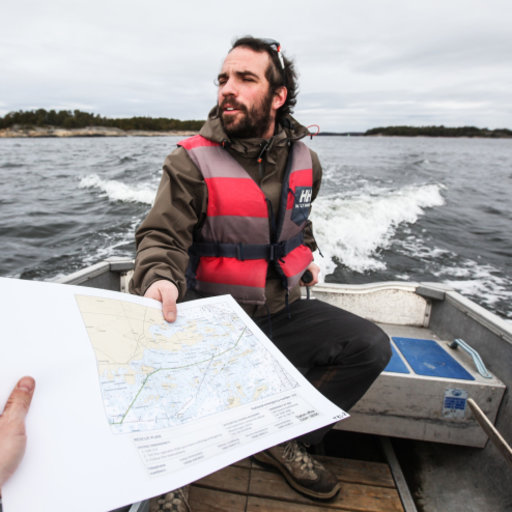
INVITED SPEAKER 19 – Dr Guillaume Bernard – Ifremer, France: Seascape Recovery in the Bassin d’Arcachon
The final talk of the 2nd European Seagrass Restoration Workshop will be from Dr Guillaume Bernard of the Ifremer Station Arcachon. Guillaume will present an overview of the temporal evolution of the ecological state of seagrass meadows of the Bassin d’Arcachon, exploring the potential drivers of decline in the system and reflect on the stabilisation of the seagrass extent in recent years.
“Society”
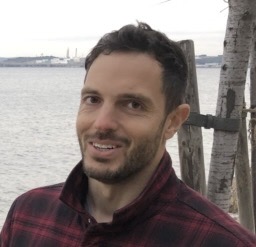
INVITED SPEAKER 20 – Thomas Fauvel – L’Office français de la biodiversité, France: Le plan de gestion 2017-2032 du Parc naturel marin du Bassin d’Arcachon.
The Management Plan (2017 – 2032) of the Parc naturel marin du Bassin d’Arcachon was agreed to by its management board on May 19, 2017, was unanimously approved by the members of the board of directors of the L’Office français de la biodiversité (OFB) on September 27, 2017.
The ‘Plan de gestion’ mainly focuses on the management of the exceptional and shared “common good” of the Bassin d’Arcachon with particular attention paid to the preservation of it’s unique natural resources, and the sustainable development of activities.
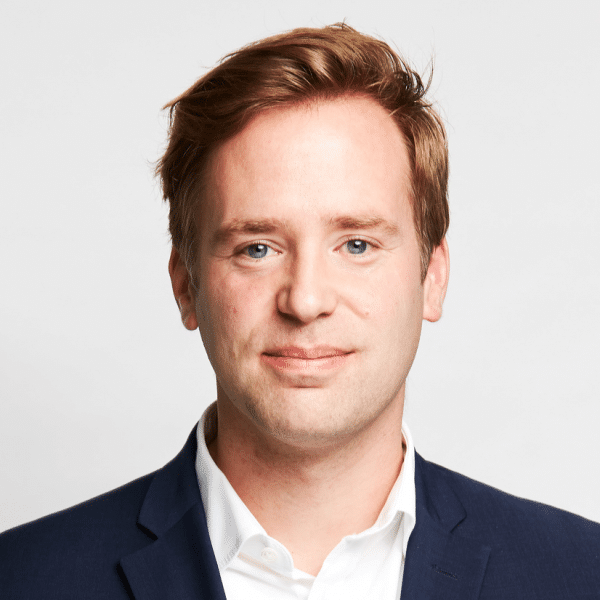
INVITED SPEAKER 21 – Wietse van der Werf – Sea Ranger Service, The Netherlands: Social inclusion is the biggest gap the restoration movement is not addressing.
Wietse van der Werf is a social entrepreneur, conservationist and author, most recognised for his work combining ocean conservation and social entrepreneurship. He is the Founder and CEO of the Sea Ranger Service, a social enterprise which trains young people as Sea Rangers and deploys special sailing work ships to carry out marine management tasks in direct cooperation with governments. Since 2023 the Sea Ranger Service have been directly involved in seagrass restoration programmes in the Netherlands, UK and France. Wietse was named a European Young Leader in 2020.
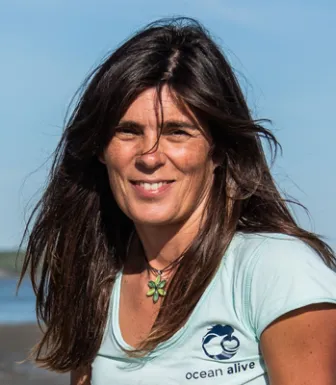
INVITED SPEAKERS 22 – Caroline van Heule (Patagonia) in conversation with Raquel Gaspar (Ocean Alive), Portugal: Madre Mar
The local people have worked the waters of the Sado Estuary Natural Reserve in Portugal for hundreds of years, coexisting with the dolphins, fish and shellfish, supported by the region’s rich seagrass meadows. Ocean Alive is Portugal’s first co-operative dedicated to ocean protection.
Raquel Gaspar, marine biologist, mother and cofounder and CEO of the Portuguese NGO Ocean Alive, is on a journey to protect and re-meadow Sado’s seagrass habitat. Raquel envisages a thriving ocean protected by coastal communities.
We wrap up the 2nd European Seagrass Restoration Workshop ‘in conservation with Raquel’. Following a screening of Patagonia Films’ Madre Mar. Caro, Environmental Engagement Lead, EMEA at Patagonia Europe will explore the journey that Raquel has been on, and dive deeper into the motivations that inspired Raquel to partner with a group of local fisherwomen to restore this crucial piece of the ocean’s ecosystem.
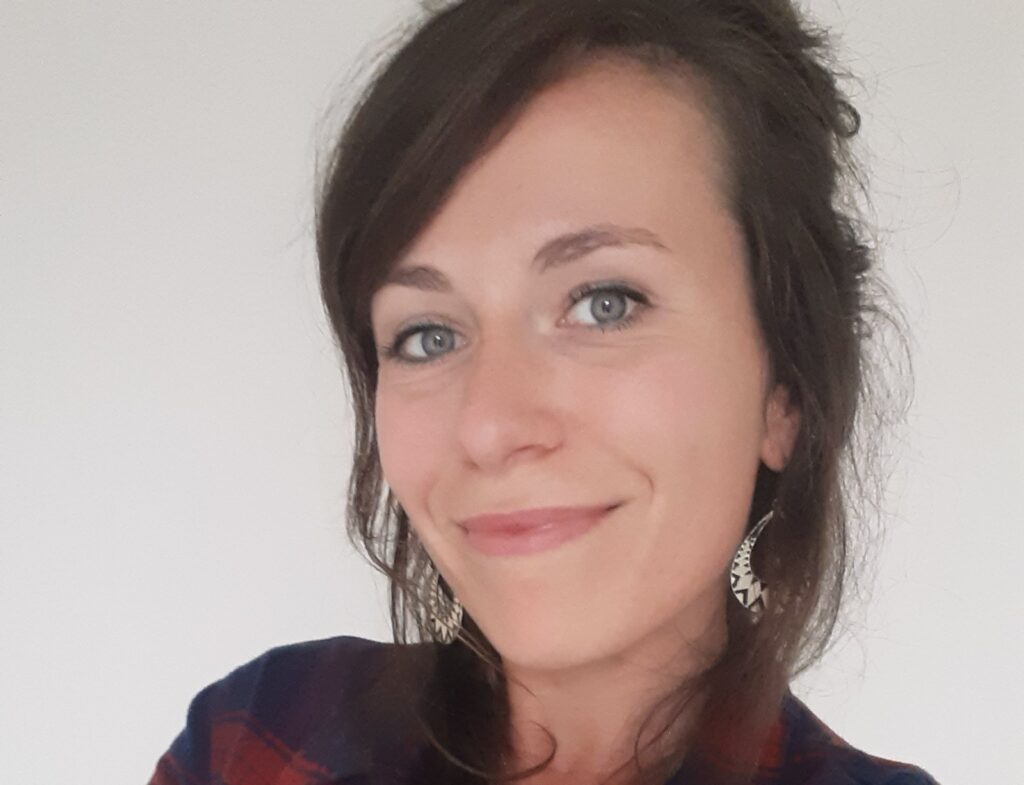
Terms and conditions: Every effort has been made to ensure that the information contained on this website is correct at the time of going to press. ESRA will use reasonable endeavours to deliver the programmes and other services in accordance with the descriptions provided.
However, changes may be reasonably required to the programmes, workshops and services delivered to keep the programme current and accurate or to respond to changes which are outside the reasonable control of ESRA.
Other circumstances outside ESRAs control would include, but not be limited to, third party industrial action, unexpected lack of funding, government restrictions, health and safety considerations, fire, etc. Where such a change arises, we will notify you as early as possible.